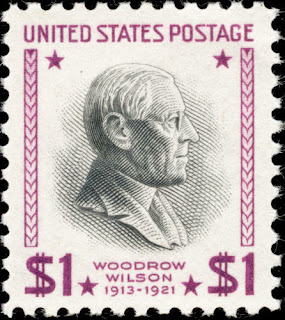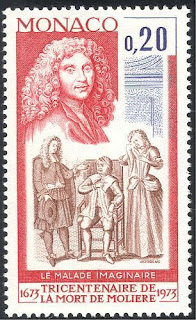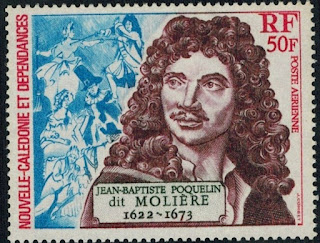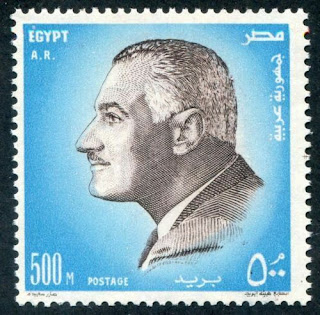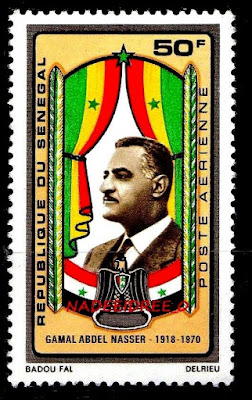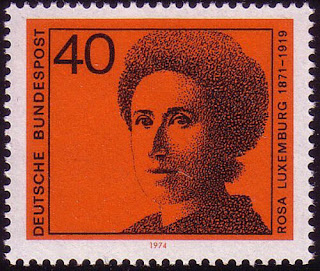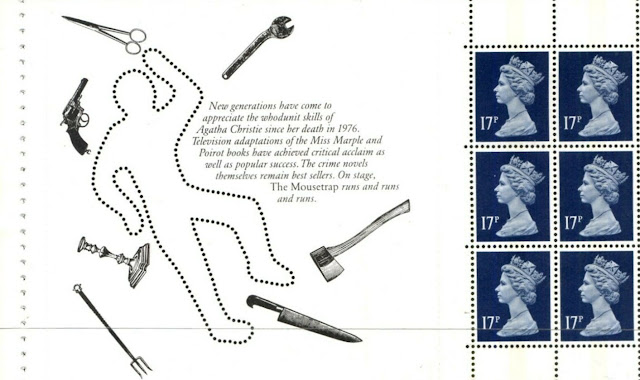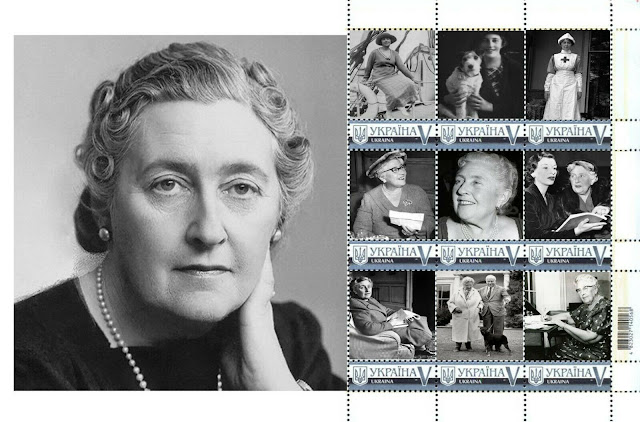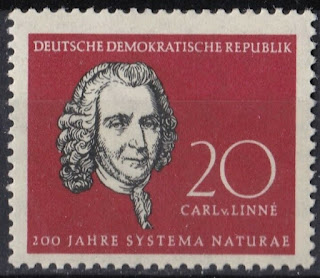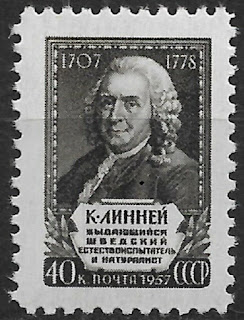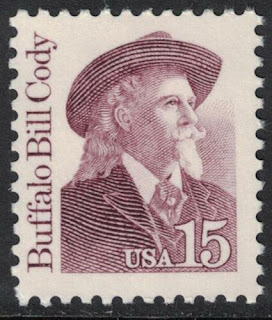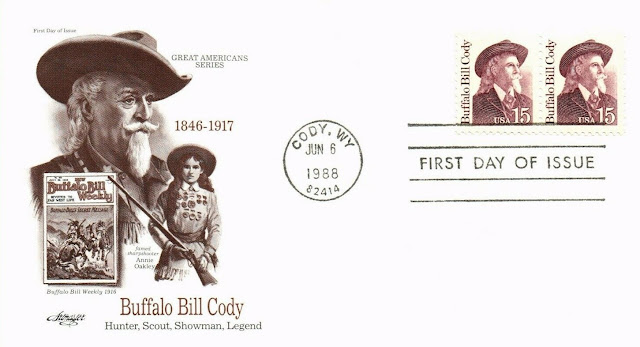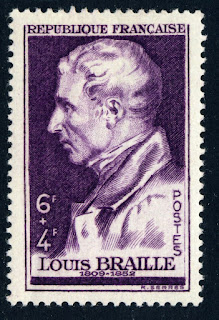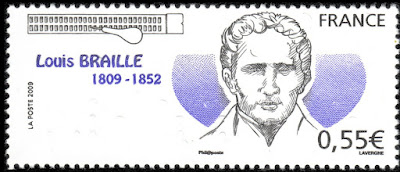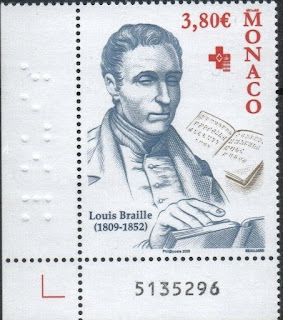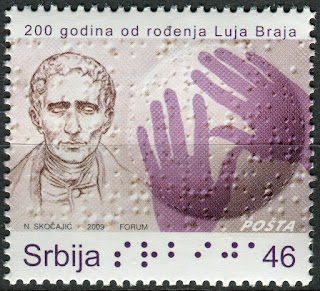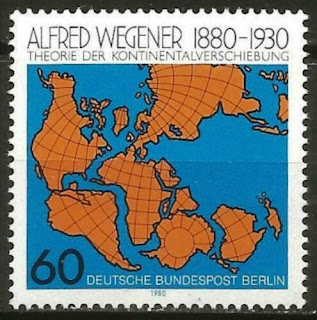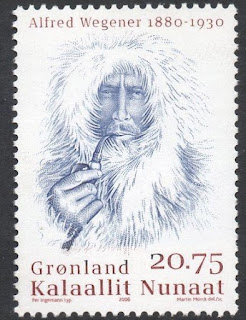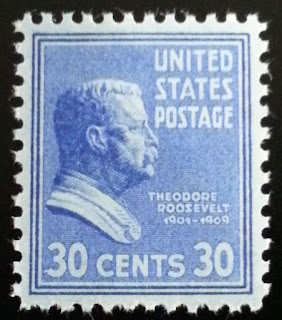Here are some events that happened on February 3rd. It could be an event or a person that died or was born on that day
1809 Born: Felix Mendelssohn, German pianist, composer, and conductor (d. 1847)
Jakob Ludwig Felix Mendelssohn Bartholdy (3 February 1809 – 4 November 1847), born and widely known as Felix Mendelssohn, was a German composer, pianist, organist and conductor of the early Romantic period. Mendelssohn's compositions include symphonies, concertos, piano music and chamber music. His best-known works include his Overture and incidental music for A Midsummer Night's Dream, the Italian Symphony, the Scottish Symphony, the oratorio Elijah, the overture The Hebrides, his mature Violin Concerto, and his String Octet. The melody for the Christmas carol "Hark! The Herald Angels Sing" is also his. Mendelssohn's Songs Without Words are his most famous solo piano compositions.
A grandson of the philosopher Moses Mendelssohn, Felix Mendelssohn was born into a prominent Jewish family. He was brought up without religion until the age of seven, when he was baptized as a Reformed Christian. Felix was recognized early as a musical prodigy, but his parents were cautious and did not seek to capitalize on his talent.
Mendelssohn enjoyed early success in Germany, and revived interest in the music of Johann Sebastian Bach, notably with his performance of the St Matthew Passion in 1829. He became well received in his travels throughout Europe as a composer, conductor and soloist; his ten visits to Britain – during which many of his major works were premiered – form an important part of his adult career. His essentially conservative musical tastes set him apart from more adventurous musical contemporaries such as Franz Liszt, Richard Wagner, Charles-Valentin Alkan and Hector Berlioz. The Leipzig Conservatory, which he founded, became a bastion of this anti-radical outlook. After a long period of relative denigration due to changing musical tastes and antisemitism in the late 19th and early 20th centuries, his creative originality has been re-evaluated. He is now among the most popular composers of the Romantic era.
Stamps from Vatican, East Germany and Germany depicting Felix Mendelssohn
1859 Born: Hugo Junkers, German engineer, designed the Junkers J 1 (d. 1935)
Hugo Junkers (3 February 1859 – 3 February 1935) was a German aircraft engineer and aircraft designer who pioneered the design of all-metal airplanes and flying wings. His company, Junkers Flugzeug- und Motorenwerke AG (Junkers Aircraft and Motor Works), was one of the mainstays of the German aircraft industry in the years between World War I and World War II. His multi-engined, all-metal passenger- and freight planes helped establish airlines in Germany and around the world.
In addition to aircraft, Junkers also built both diesel and petrol engines and held various thermodynamic and metallurgical patents. He was also one of the main sponsors of the Bauhaus movement and facilitated the move of the Bauhaus from Weimar to Dessau (where his factory was situated) in 1925.
Amongst the highlights of his career were the Junkers J 1 of 1915, the world's first practical all-metal aircraft, incorporating a cantilever wing design with virtually no external bracing, the Junkers F 13 of 1919 (the world's first all-metal passenger aircraft), the Junkers W 33 (which made the first successful heavier-than-air east-to-west crossing of the Atlantic Ocean), the Junkers G.38 "flying wing", and the Junkers Ju 52, affectionately nicknamed "Tante Ju", one of the most famous airliners of the 1930s.
When the Nazis came into power in 1933 they requested Junkers and his businesses aid in the German re-armament. When Junkers declined, the Nazis responded by demanding ownership of all patents and market shares from his remaining companies, under threat of imprisonment on the grounds of High Treason. In 1934 Junkers was placed under house arrest, and died at home in 1935 during negotiations to give up the remaining stock and interests in Junkers. Under Nazi control, his company produced some of the most successful German warplanes of the Second World War.
Some German and Bulgarian stamps depicting Junkers planes
1924 Died: Woodrow Wilson, American historian, academic, and politician, 28th President of the United States, Nobel Prize laureate (b. 1856)
Thomas Woodrow Wilson (December 28, 1856 – February 3, 1924) was an American statesman, lawyer, and academic who served as the 28th president of the United States from 1913 to 1921. A member of the Democratic Party, Wilson served as the president of Princeton University and as the 34th governor of New Jersey before winning the 1912 presidential election. As president, he oversaw the passage of progressive legislative policies unparalleled until the New Deal in 1933. He also led the United States into World War I in 1917, establishing an activist foreign policy known as "Wilsonianism." He was the leading architect of the League of Nations.
Born in Staunton, Virginia, Wilson spent his early years in Augusta, Georgia, and Columbia, South Carolina. After earning a Ph.D. in political science from Johns Hopkins University, Wilson taught at various schools before becoming the president of Princeton. As governor of New Jersey from 1911 to 1913, Wilson broke with party bosses and won the passage of several progressive reforms. His success in New Jersey gave him a national reputation as a progressive reformer, and he won the presidential nomination at the 1912 Democratic National Convention. Wilson defeated incumbent Republican President William Howard Taft and Progressive Party nominee Theodore Roosevelt to win the 1912 presidential election, becoming the first Southerner to be elected president since the American Civil War.
During his first term, Wilson presided over the passage of his progressive New Freedom domestic agenda. His first major priority was the passage of the Revenue Act of 1913, which lowered tariffs and implemented a federal income tax. Later tax acts implemented a federal estate tax and raised the top income tax rate to 77 percent. Wilson also presided over the passage of the Federal Reserve Act, which created a central banking system in the form of the Federal Reserve System. Two major laws, the Federal Trade Commission Act and the Clayton Antitrust Act, were passed to regulate and break up large business interests known as trusts. To the disappointment of his African-American supporters, Wilson allowed some of his Cabinet members to segregate their departments. Upon the outbreak of World War I in 1914, Wilson maintained a policy of neutrality between the Allied Powers and the Central Powers. He won re-election by a narrow margin in the presidential election of 1916, defeating Republican nominee Charles Evans Hughes.
In early 1917, Wilson asked Congress for a declaration of war against Germany after Germany implemented a policy of unrestricted submarine warfare, and Congress complied. Wilson presided over war-time mobilization but devoted much of his efforts to foreign affairs, developing the Fourteen Points as a basis for post-war peace. After Germany signed an armistice in November 1918, Wilson and other Allied leaders took part in the Paris Peace Conference, where Wilson advocated for the establishment of a multilateral organization, per his "fourteenth point". The resulting League of Nations was incorporated into the Treaty of Versailles and other treaties with the defeated Central Powers, but Wilson was subsequently unable to convince the Senate to ratify that treaty or allow the United States to join the League. Wilson suffered a severe stroke in October 1919 and was incapacitated for the remainder of his presidency. He retired from public office in 1921 and died in 1924. Scholars have generally ranked Wilson as one of the better U.S. presidents, though he has received strong criticism for his actions regarding racial segregation.
US stamps depicting Woodrow Wilson
1958 – Founding of the Benelux Economic Union, creating a testing ground for a later European Economic Community.
The Benelux Union (Dutch: Benelux Unie; French: Union Benelux; Luxembourgish: Benelux-Unioun), also known as simply Benelux, is a politico-economic union and formal international intergovernmental cooperation of three neighboring states in western Europe: Belgium, the Netherlands, and Luxembourg. The name Benelux is a portmanteau formed from joining the first two or three letters of each country's name – Belgium, Netherlands, Luxembourg – and was first used to name the customs agreement that initiated the union (signed in 1944). It is now used more generally to refer to the geographic, economic, and cultural grouping of the three countries.
Since 1944, when a customs union was introduced, cooperation among the governments of Belgium, the Netherlands, and the Grand Duchy of Luxembourg has been a firmly established practice. The initial form of economic cooperation expanded steadily over time, leading in 1958 to the signing of the Treaty establishing the Benelux Economic Union. Initially, the purpose of cooperation among the three partners was to put an end to customs barriers at their borders and ensure free movement of persons, goods and services among the three countries. It was the first example of international economic integration in Europe since the Second World War. The three countries therefore foreshadowed and provided the model for future European integration, such as the European Coal and Steel Community, the European Economic Community (EEC), and the European Community/European Union (EC/EU). The three partners continue to play this pioneering role. They also launched the Schengen process, which came into operation in 1985, promoting it from the outset. Benelux cooperation has been constantly adapted and now goes much further than mere economic cooperation, extending to new and topical policy areas connected with security, sustainable development, and the economy. Benelux models its cooperation on that of the European Union and is able to take up and pursue original ideas. The Benelux countries also work together in the so called 'The Pentalateral Energy Forum' a regional cooperation group formed of five members - the Benelux states, France, Germany, Austria, and Switzerland. Formed ten years ago, the ministers for energy from the various countries represent a total of 200 million residents and 40% of the European electricity network.
On 17 June 2008 Belgium (in all its component parts), the Netherlands, and Luxembourg signed a new Benelux Treaty in The Hague. The purpose of the Benelux Union is to deepen and expand cooperation among the three countries so that it can continue its role as precursor within the European Union and strengthen and improve cross-border cooperation at every level. Through better cooperation between the countries the Benelux strives to promote the prosperity and welfare of the citizens of Belgium, the Netherlands and Luxembourg.
Benelux works together on the basis of an annual plan embedded in a four-year joint work programme.
Benelux seeks region-to-region cooperation, be it with France and Germany (North-Rhine-Westphalia) or beyond with the Baltic States, the Nordic Council, the Visegrad countries, or even further. In 2018 a renewed political declaration was adopted between Benelux and North-Rhine-Westphalia to give the cooperation a further impetus.
Some examples of recent results of Benelux cooperation : automatic level recognition of all diplomas and degrees within the Benelux, a new Benelux Treaty on Police cooperation, common road inspections and a Benelux pilot with digital consignment notes. The Benelux is also committed to working together on adaptation to climate change. On 5 June 2018 the Benelux (Treaty) celebrated its 60 years of existence. In 2018, a Benelux Youth Parliament was created.
The main institutions of the Union are the Committee of Ministers, the Council of the Union, the General Secretariat, the InterParliamentary Consultative Council and the Benelux Court of Justice while the Benelux Office for Intellectual Property cover the same territory but are not part of the Benelux Union.
The Benelux General Secretariat is located in Brussels. It is the central platform of the Benelux Union cooperation. It handles the secretariat of the Committee of Ministers, the Council of Benelux Union and the various committees and working parties. The General Secretariat provides day-to-day support for the Benelux cooperation on the substantive, procedural, diplomatic and logistical levels.
The presidency of the Benelux is held in turn by the three countries for a period of one year. Luxembourg holds the presidency in 2019.
In addition to cooperation based on a Treaty, there is also political cooperation in the Benelux context, including summits of the Benelux government leaders. In 2019 a Benelux summit was held in Luxembourg.
Benelux stamps issued by Belgium, the Netherlands, and Luxembourg









